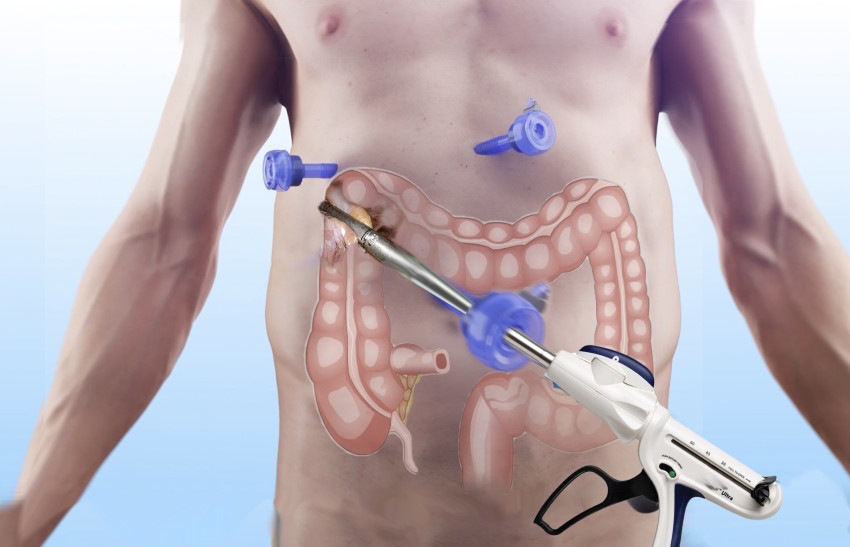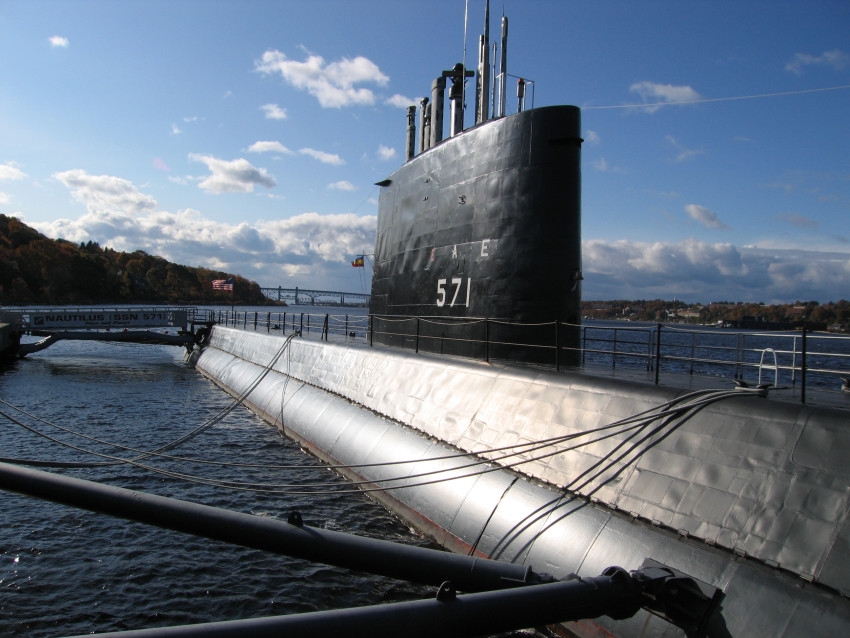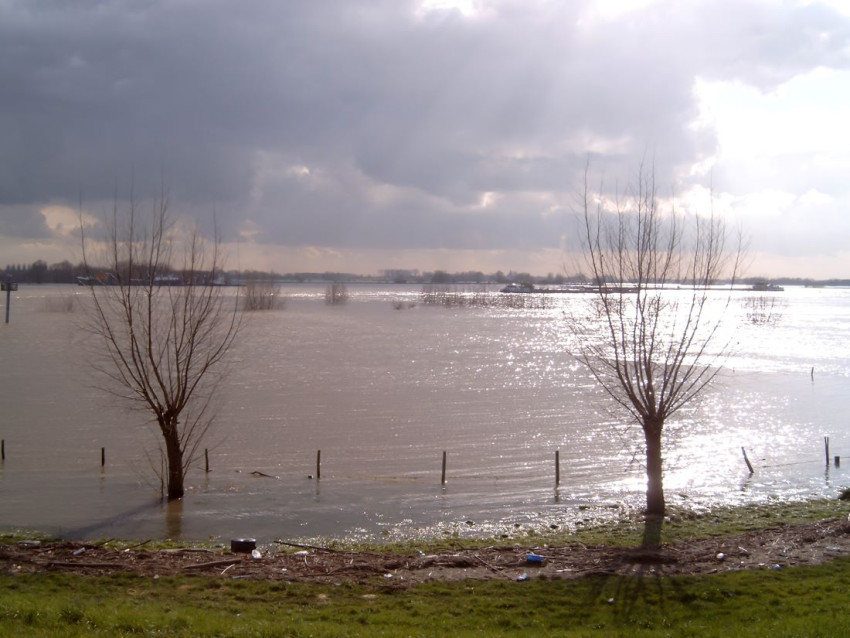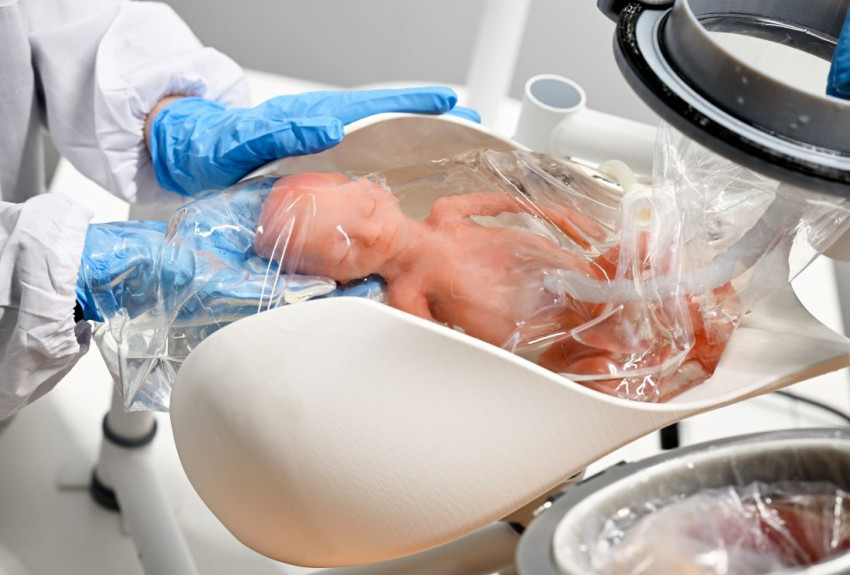
Fish farm out at sea
Norwegian company Nordlaks plans to construct a 385-metre-long platform at sea for the purpose of fish farming. It would be the world's largest offshore salmon farm. The company is currently conducting tests designed to safeguard the stability of the platform.
The colossus may eventually accommodate 10,000 tons of salmon (two million fish) in six enormous nets. These nets are suspended in a rectangular steel frame built to withstand 12-metre-high waves – an absolute necessity, considering the ferocity of storms at sea. The fishermen will live on board the platform. Two small trains on the fish farm will provide them with a quick means of transport.
The precise location is not yet known, but it will very probably be off the coast of Norway, a couple of kilometres out to sea.
LESS ANTIBIOTICS
Farming fish on the open waters may be less polluting than the current farms that are often closer to dry land. Research suggests that antibiotics and other contaminants will be more readily diluted in the deep ocean, before being washed away by the gulf stream. Currents are more limited around the coastal farms, enabling such substances to sink to the seabed and damage the ecosystem. There are also disadvantages further out to sea: escaping fish are harder to catch and the situation is more hazardous for personnel, and more expensive.

Farmed fish is big business for Norway. Many farms are situated along the coastline, often safely tucked away between fjords. There are few current and wave movements there, allowing for safe harvesting. However, the scaling up of the farms results in increasingly limited space for the fish and problems due to the excessive concentrations of medication in the still waters. Such medication is needed to keep the farmed fish healthy.
OIL PLATFORM
A scale model of the new fish platform is presently being tested at SINTEF, a Norwegian research institute. Many offshore oil installations have been tested there in the past, and the institute is therefore well versed in the requirements for offshore constructions. According to the Nordlaks engineers, the fish farm will resemble an oil platform in terms of safety requirements and maintenance costs. The initial results are encouraging: even the highest waves have not caused any significant problems.
It is not yet known precisely when the platform will be constructed at sea.
If you found this article interesting, subscribe for free to our weekly newsletter!
Image: Traditional fish farm in the vicinity of the Norwegian fjords. Credit: Thomas Bjørkan






